- Expert advice/
- Registry & gifts/
- Wedding gifts/
- Wedding Plus-One Etiquette You Need to Know
- Wedding gifts
Wedding Plus-One Etiquette You Need to Know
When it comes to wedding etiquette, it's not always clear what plus-ones should or shouldn't be doing. Here's how to decide if your plus-one should sign the card.
Last updated February 5, 2024

Wedding planning has a way of making even the simplest things seem complicated. Take plus-one etiquette, for example. Whether you’re the couple on the inviting end or on the receiving end of an invitation, it can be tricky to know what’s considered appropriate when it comes to plus-ones. For that reason, we’ve compiled our best tips and etiquette for both engaged couples and guests regarding plus-ones. If you aren’t sure of the standard protocol, read on.
Plus-One Etiquette for the Couple
While there aren’t any hard and fast plus-one rules, wedding plus-one etiquette can ensure that everything runs smoothly for you and your guest. Keep some best practices in mind, such as:
Who should get a plus-one?
While compiling your guest list, you might begin to go back-and-forth on who should get a plus one. Deciding on your own can be a daunting task. To ease any stress and resolve confusion, familiarize yourself with who traditionally is allowed a plus-one at a wedding.
-
Wedding guests who are married, engaged, and living together traditionally receive a plus-one. That being said, “living together” is interchangeable for those in serious and long-term relationships.
-
Members of the wedding party should receive a plus-one. Allowing your bridesmaids and groomsmen to bring their significant others is a show of appreciation for their commitment and support throughout your engagement and wedding.
-
That being said, couples may be willing to extend a plus-one to guests in specific situations. For example, if only a few single people are invited and would greatly benefit from having a date at their side. Or, your best friend is traveling across the country to attend and doesn’t know anyone outside of the couple.
Who shouldn’t get a plus-one.
Though plus-ones can be a comfort to guests and gesture of appreciation, not everyone can or should have one. Additional guests mean additional costs (more on that below) and, really, not every guest needs one. Below are individuals you shouldn’t feel pressured to allow an additional guest on your big day.
-
Single guests who are casually dating. Traditional etiquette also says that, if someone hasn’t been in a relationship for over a year, allowing them to bring their partner isn’t a priority. That being said, consider special circumstances the ones mentioned above, here. If you have the budget to extend an invite to your close friend’s significant other of ten months, consider doing so. Use your best discretion.
-
Single people who will know other guests. Siblings, cousins, close friends, and others who aren’t in a serious relationship, but will know a decent amount of other guests, don’t need a plus-one. Because they’re close to or familiar with other attendees, they’re sure to be comfortable and have a good time.
-
Coworkers. This is often the case, because, if one coworker is allowed to bring a guests, all of them should be able to. This can quickly drive up costs and your guest count. That being said, if you’re close with your boss and invite them, it’s good etiquette to offer them a plus-one.
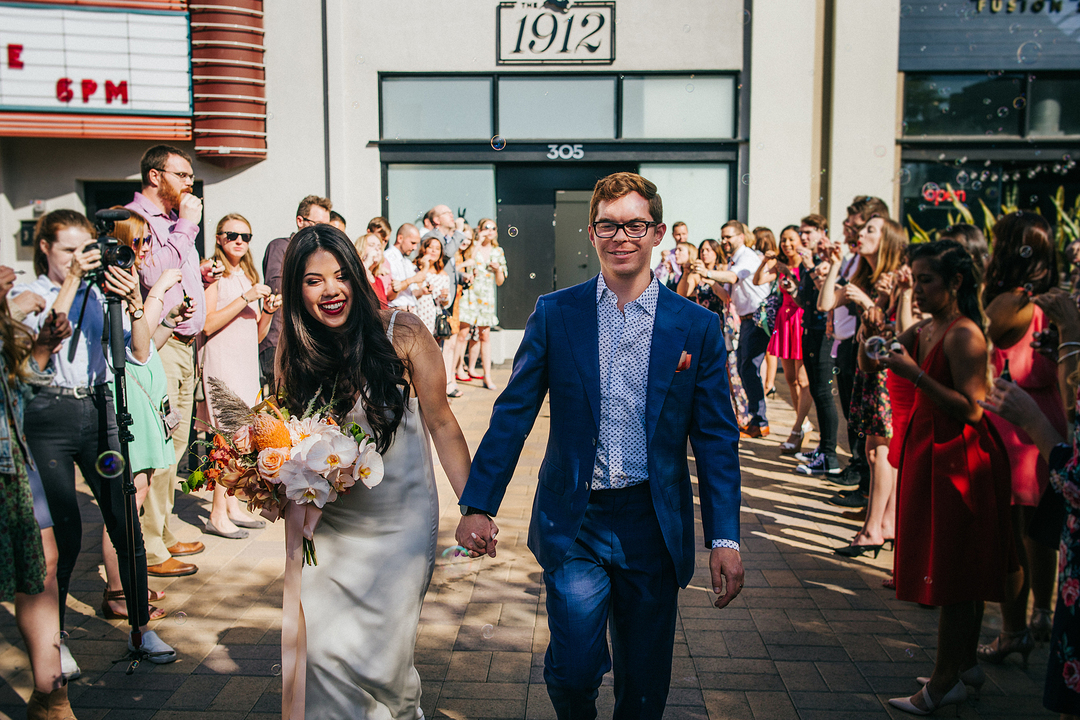
How can a plus-one affect the cost of the wedding?
One of the more meticulous aspects of wedding planning is deciding on and sticking to a wedding budget. And, simply put, the number of guests in attendance can drastically effect your bottom line. That’s because, most often, venues and other vendors (notably, caterers and bartenders) will charge you per-person. A plus-one means another favor, plate of food, several drinks, and a literal seat at the table, adding to your set-up, catering, and bar expenses, at least. This makes offering someone a plus-one incredibly generous, since you’ll be footing the bill for their attendance.
Tips for making a plus-one invitation list
Putting together your wedding invitations and deciding on invited guest can be quite the task, in and of itself. Add the prospect of plus-ones and it’s easy to become overwhelmed. To avoid much of the stress and ensure you’re following good etiquette, consider these tips.
-
Know (and use) every plus-one’s name. If you know the specific guest someone is going to bring, look up or confirm the spelling of their name (as well as their title, if applicable). This way, it’ll be spelled and they’ll be addressed correctly on any save the dates, invitations, and seating signage or escort cards. Plus, it looks much more formal than “guest.”
-
Include their name on the RSVP response card. Again, if a specific individual is expected to be an additional guest, provide their name on the RSVP cards (or in your online RSVP system). This will prevent guests from extended the invitation to someone else or trying to bring multiple people.
-
Know and stick to your guest list limit. Whether your venue or budget only allows for a certain amount of people, be aware of or figure that number out and stick to it. Be realistic, even if it means not giving out many plus-ones—or any at all. Better to be safe than have to retract anyone’s plus-one due to inviting too many people.
Plus-One Etiquette for Guests
Guests, too, should be respectful of the engaged couple and aware of proper plus-one etiquette, such as:
If your invitation doesn’t list a plus-one, you can’t bring a guest.
This may seem obvious, but many guests have been tempted or even gone through with asking the couple if they can still bring a plus-one. While some cases may be for good reason, most often this can be stressful and awkward for both you and the engaged couple. Simply put, if your invitation only lists your name, you’re being invited alone. You can’t bring an added guest—and shouldn’t push for one, either. Don’t try to RSVP with a plus-one and definitely don’t show up with one on the day of.
Bring a date, unless a friend is okayed.
Typically speaking, a plus-one is a formal date. Having one doesn’t often mean that you can bring anyone of your choosing. If you were given a plus-one, but don’t have a date to bring, don’t assume it’s okay to substitute with a friend. Of course, you can always reach out to the couple and ask if doing so is alright. Sometimes, they won’t mind. Others, however, will find it rude. If you feel strange asking, err on the side of caution and attend alone.
If you do get a plus-one, RSVP with care.
RSVPing seems simple enough, but has its own set of etiquette when it comes to plus-ones. If you were generously given a plus one, keep the following in mind when it comes to sending in your RSVP.
-
If your guest was named on your invitation, don’t substitute them with someone else. They are your plus-one and aren’t exchangeable. If they can’t attend, RSVP for yourself alone.
-
If you were given a non-specific plus-one, use their name when submitting your RSVP, whether that’s online or via RSVP card. It’s only polite to let the couple know ahead of time who you plan on bringing.
-
Don’t RSVP with a plus-one unless you’re certain they can and will attend. If you or they aren’t sure, play it save and RSVP for only yourself.
-
Don’t RSVP with a plus-one under the assumption that you’ll find someone. The couple of hosts of the wedding pay for each individual that’s said to be coming to the wedding. If you RSVP with a plus-one and end up not bringing someone, the money that went towards their plate is wasted.
Give a gift as a couple.
Generally, wedding gifts are given as part of a unit, whether that unit is a family of four or a couple. In other words, no, your plus-one doesn’t have to purchase his or her own gift. It’s perfectly acceptable to purchase one gift from the two of you.
It’s also acceptable for your date to contribute to the gift in some way. However, like most wedding guidelines, this isn’t a hard and fast rule. It depends on how close your date is to the happy couple.
If your cousin is getting married, and your date has literally never met him, consider picking up the full cost of the gift yourself. If your date has met the bride here and there, he or she may offer to contribute or split the cost with you in some way. Ultimately, if your date is a near stranger to the couple getting married, you may want to just plan on taking care of the gift yourself. Since your date is coming as your guest, it’s a thoughtful gesture.
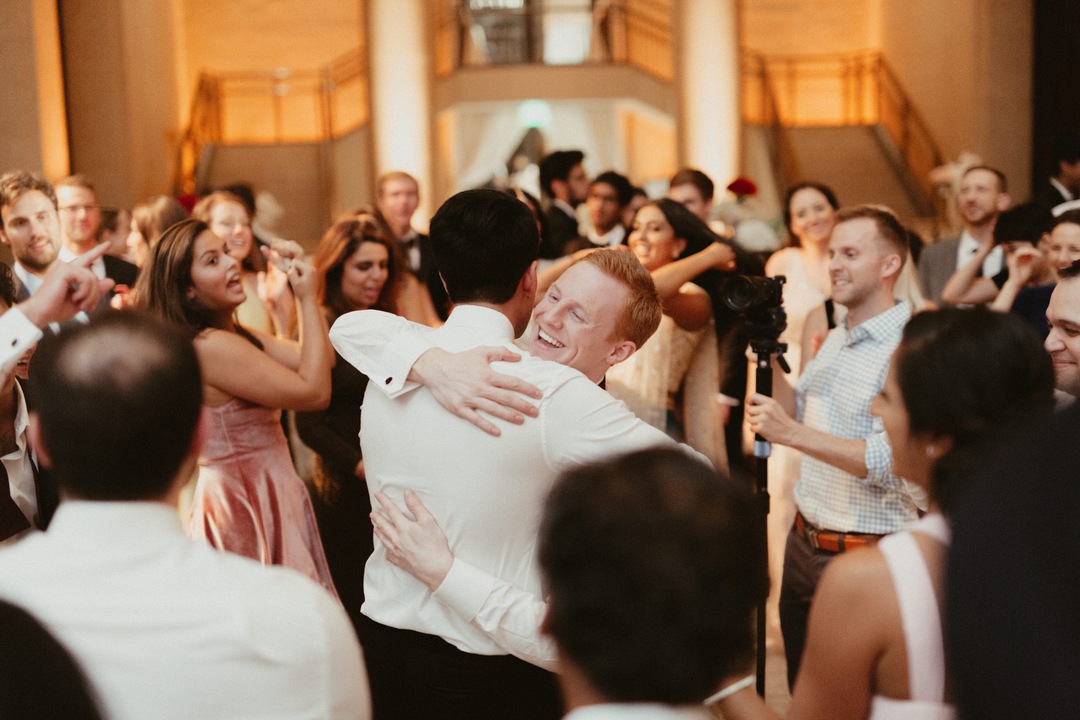
Give a gift that reflects that you have a guest.
Generally, yes. However, you’re not obligated to spend a certain amount of money on the gift, and you’re definitely not required to spend enough to “cover your plate.” (This is the wedding etiquette myth that won’t die!)
A good rule of thumb is to double whatever you were planning on spending if you’re bringing a date. For example, if you’re comfortable spending $75 when you fly solo, plan on spending around $150 if you’re inviting a plus-one.
Think about your budget and what you can reasonably spend, but don’t sweat the dollar signs too much. The most important thing to remember is that you’re giving a gift because you love the couple.
Have your plus-one sign the card if...
There are a couple of instances when your date should always sign the card, including when:
-
He or she is your long-term partner—and you both know the couple. Perhaps you’re not married, but you’ve dated or lived together for several years. This one’s a no-brainer. Both your names should be on the card, even if one or both of the couple is more “your friend” (or family) than your partner’s.
-
You’ve been dating for at least a year—and your partner has met the couple at least a handful of times. Maybe your plus-one doesn’t know your childhood bestie or sorority sister or cousin as well as you do, but if the two of you have been together seriously for at least a year and the soon-to-be-married couple has met your partner at least three times, put his or her name down.
-
You’re bringing a family member who knows the couple well. For example, you’re bringing your mom or sister as your date to your old neighbor’s nuptials.
Don’t have your plus-one sign the card if...
Likewise, there are a few instances in which your date doesn’t need to sign the card, including when:
-
Your relationship is brand new—or you’ve only been on a few dates together before the wedding
-
He or she has never met the soon-to-be-married couple
-
You’re bringing a friend who doesn’t know the couple
What if your relationship to your plus-one doesn’t fit neatly into one of the above categories? First of all, don’t fret. Feel free to use your best judgment: If your plus-one and the couple are complete strangers who couldn’t pick each other out in a crowd, you can leave his or her name off. If you think it might hurt your plus-one’s feelings if he or she is excluded from the card? Go ahead and sign for the both of you. Chances are, the married couple won’t be offended by your plus-one’s good wishes. In fact, they’ll probably appreciate them!
At the end of the day, don’t let traditional etiquette stress you out too much. If you’re the engaged couple, make the decisions you think are best for your wedding day (including your space and budget). If you’re the guest, do your best to abide by etiquette and the couple’s wishes. If there’s any confusion, don’t hesitate to start a well-intentioned conversation.
Up next for you

Do I Have to Buy a Wedding Shower Gift and a Wedding Gift?
Advice
It's a common question and the answer isn't always straightforward. Here's everything you need to know about wedding gifts and wedding shower gifts.
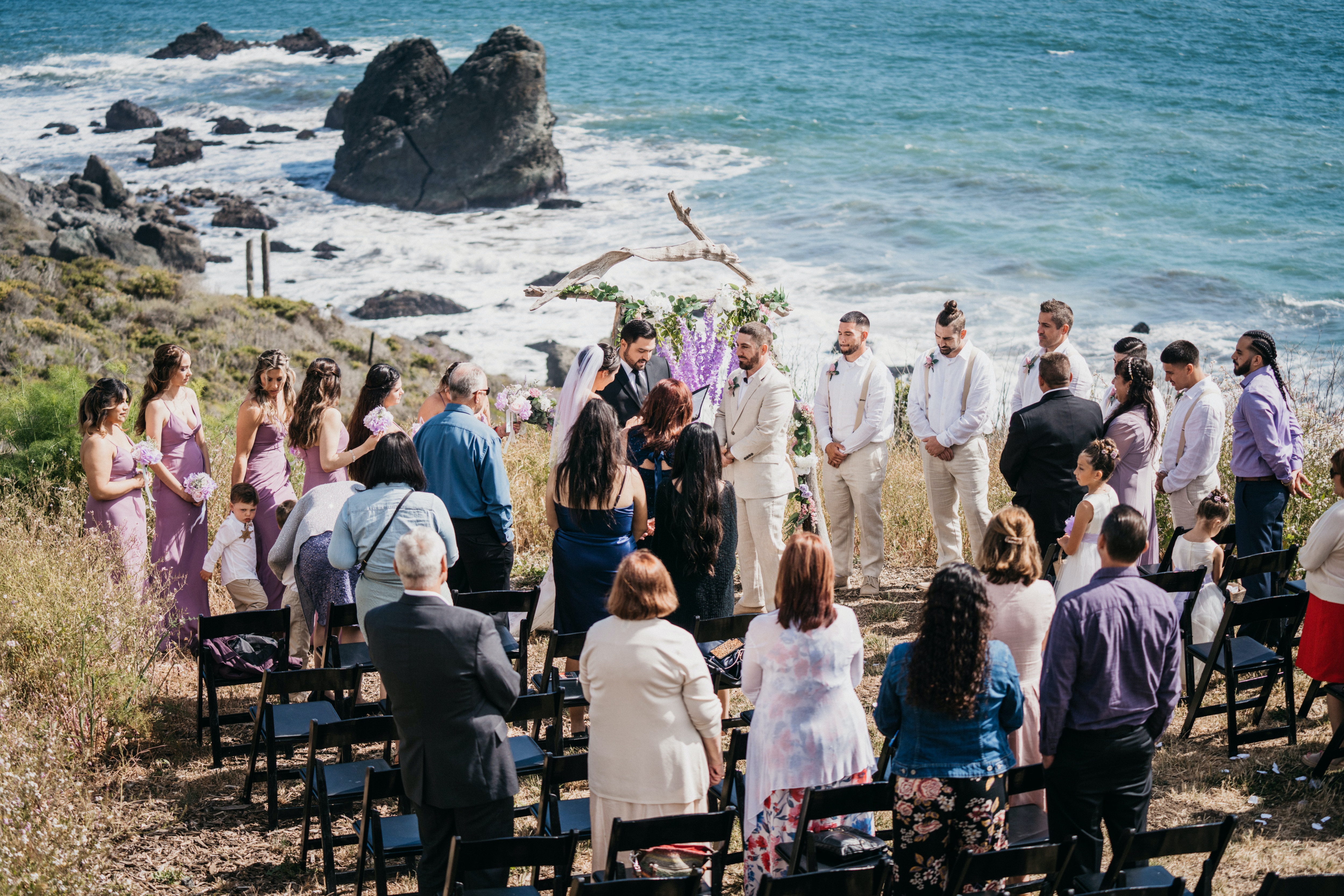
Dos and Don'ts for Wedding Guests
Inspiration
Check out our list of dos and don’ts for wedding guests to avoid any embarrassing wedding faux pas.
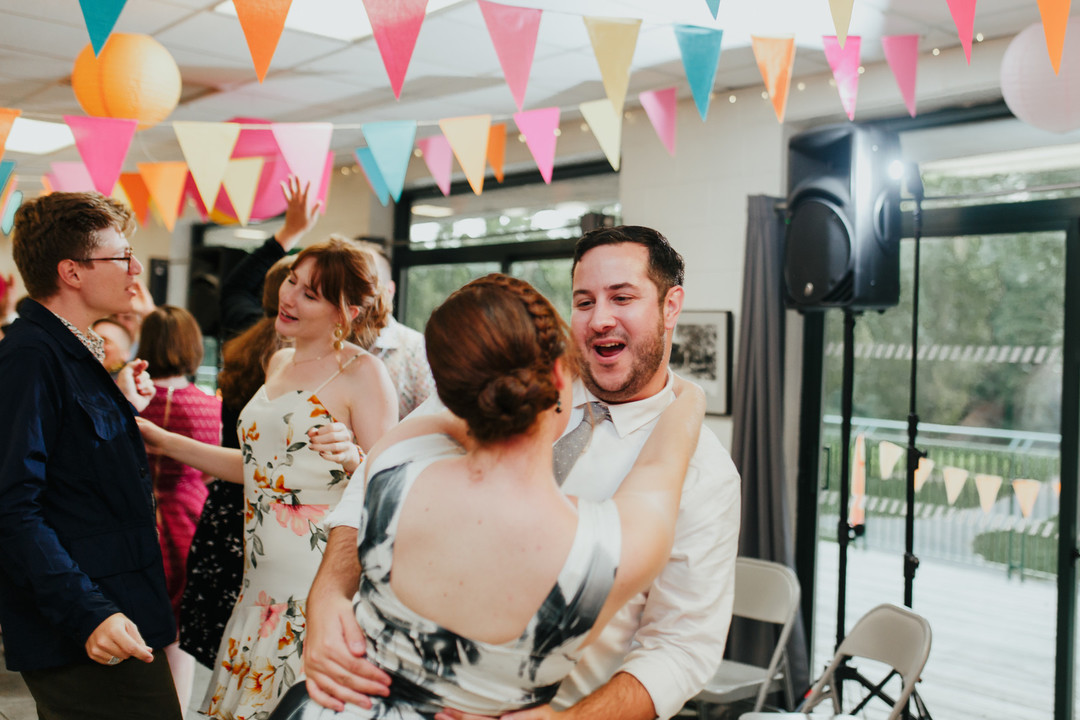
How Soon is Too Soon To Ask Someone to Be Your +1?
Advice
So, you get to bring a plus-one to that wedding—but who should it be? Find out how to narrow down your choices and figure out if it's too soon to ask someone to be your plus-one here.

Is It Ever OK to Ask for a +1 to a Wedding?
Advice
The plus-one debate is a common one—should you ask for one or shouldn't you? Find out when it's OK to ask for a plus-one and how to do it the right way.
Featured
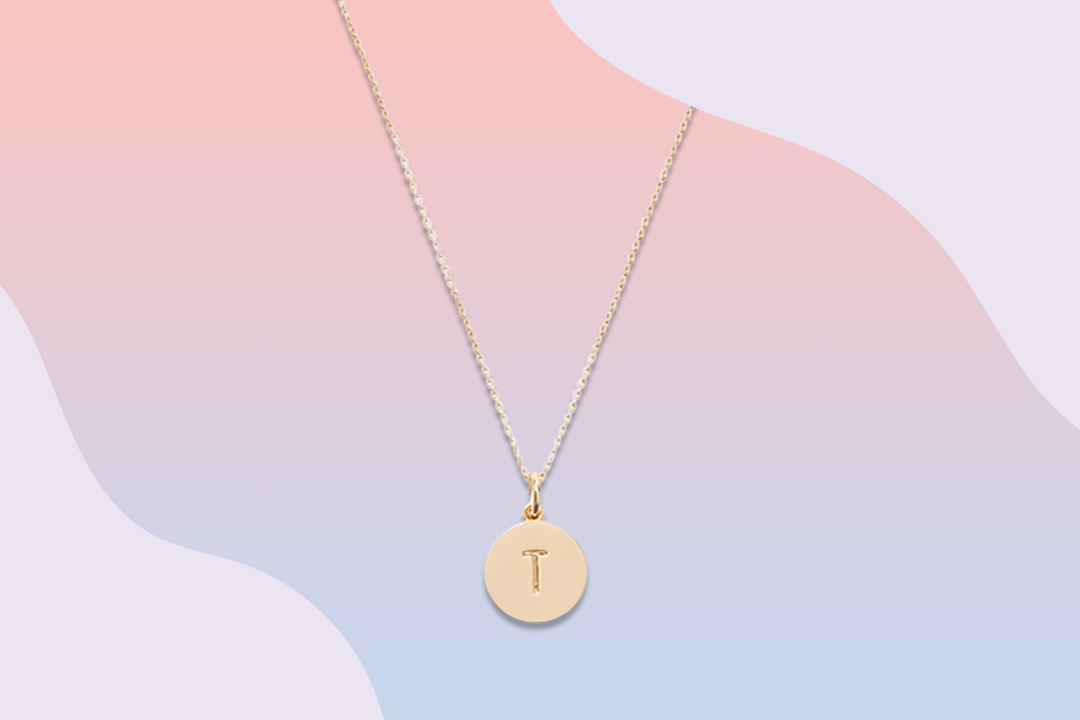
Bridal Shower Gifts Guide + Ideas
Inspiration
All of your bridal shower gifts questions answered. Explore expert advice on how much to spend, what to give, group gift ideas, & what to do if there’s no registry!

Dos and Don'ts of Wedding Guest Fashion
General etiquette
With all those invites on your fridge, you’re probably asking yourself a few questions: what do you want for dinner in four months? Do you have a plus one? And most importantly, what are you going to wear? Here are a few wedding guest fashion tips, do's, and don’ts to ensure you are faux pas-free and win the award for best dressed.
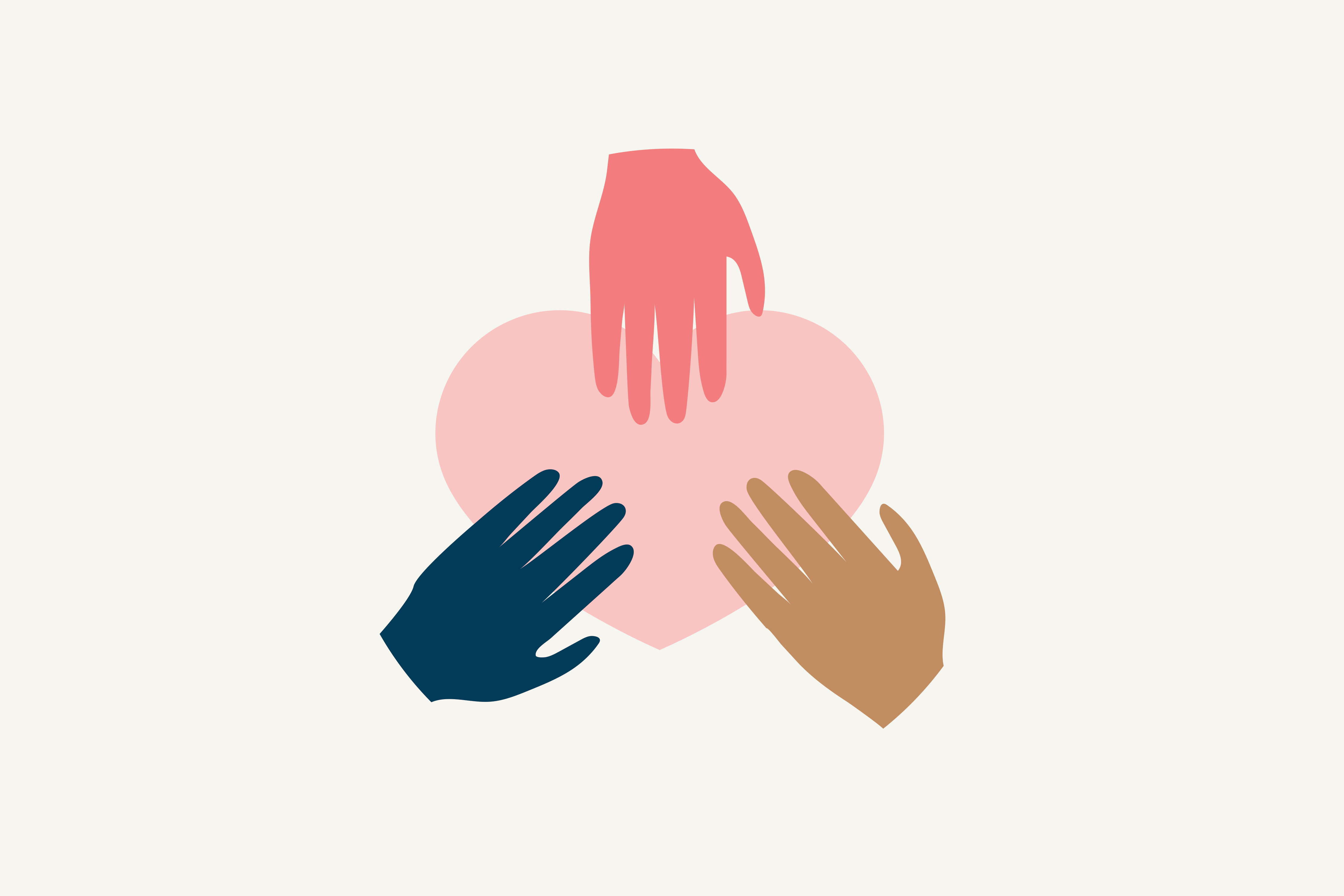
Group Gifting 101: 26 Group Wedding Gift Ideas + Tips
Gift Etiquette
One of our favorite Zola features is Group Gifting–where your friends, coworkers, and family members can go in on your wedding gifts together completely hassle-free. Here's how to use group gifting on your wedding registry.
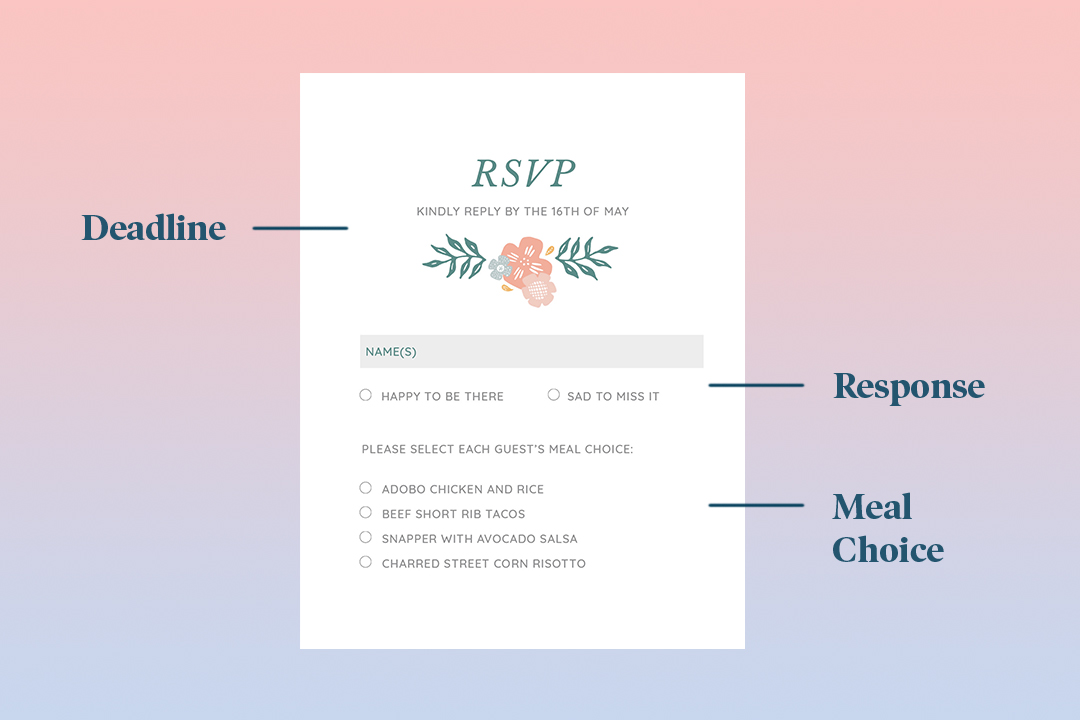
How to RSVP to a Wedding
How-To
If you've received an invitation to a wedding and you're not sure how exactly to respond? This is our guide to wedding RSVP etiquette, tips, and steps.
- Expert advice/
- Registry & gifts/
- Wedding gifts/
- Wedding Plus-One Etiquette You Need to Know
Find even more wedding ideas, inspo, tips, and tricks
We’ve got wedding planning advice on everything from save the dates to wedding cakes.
